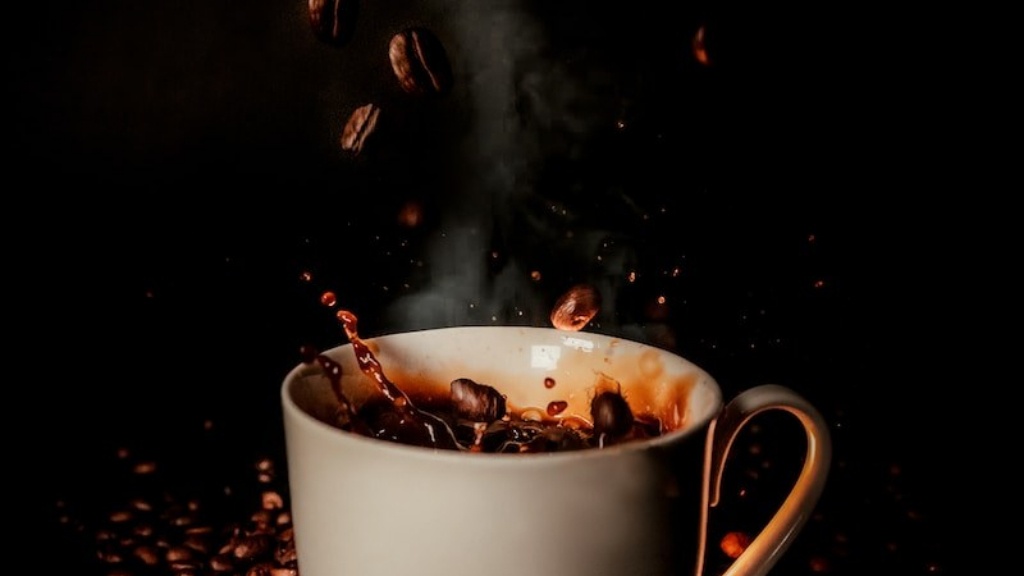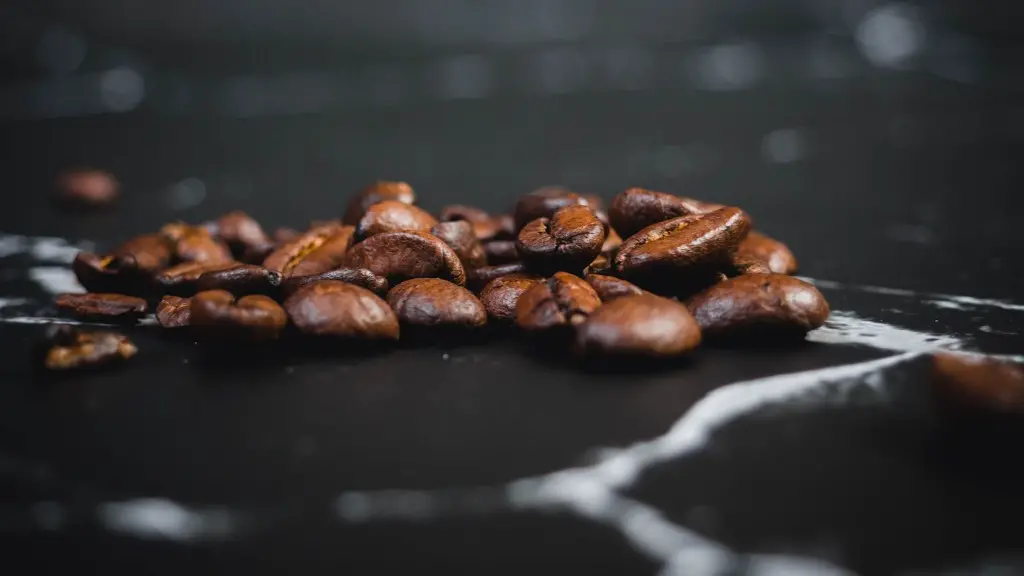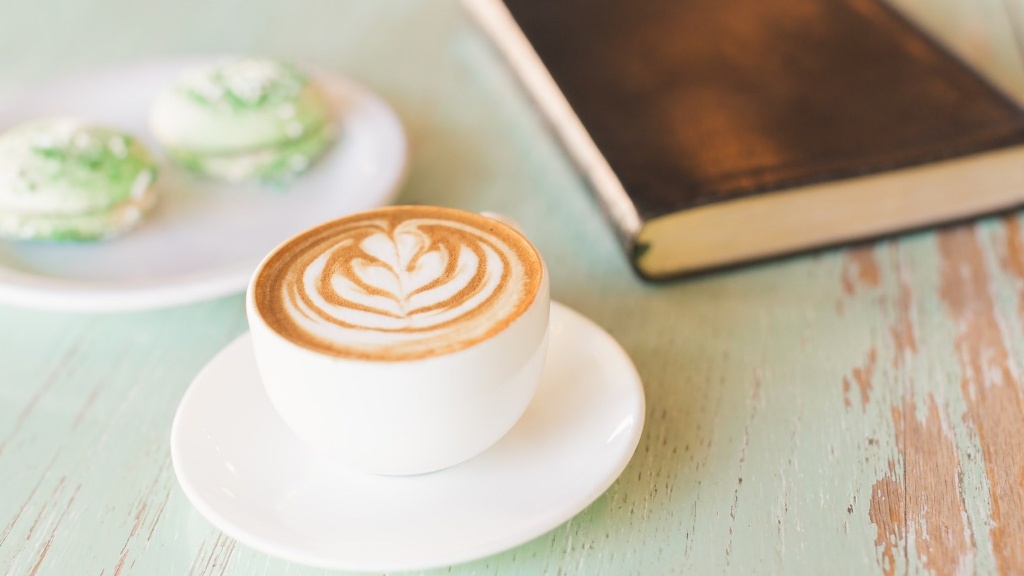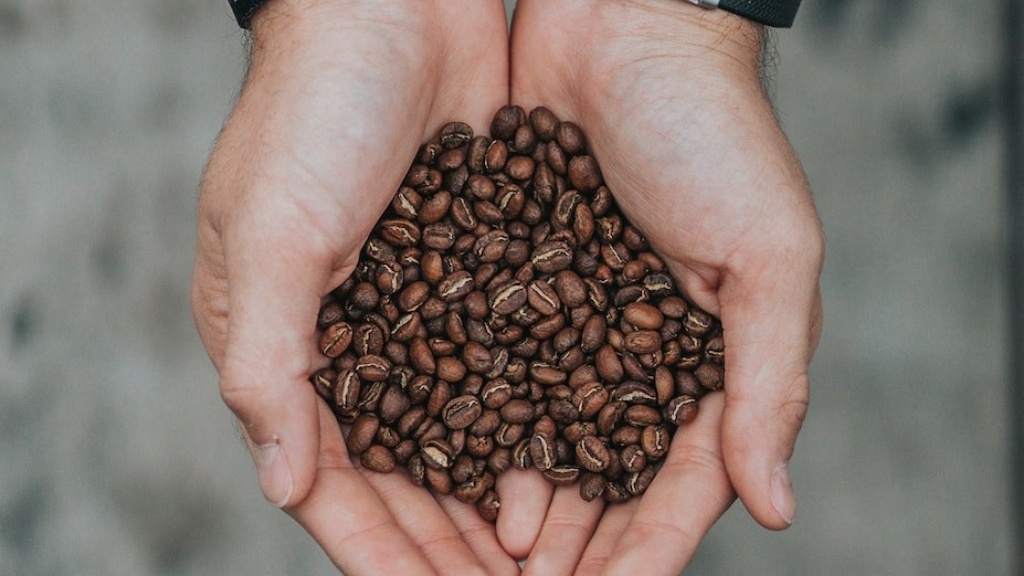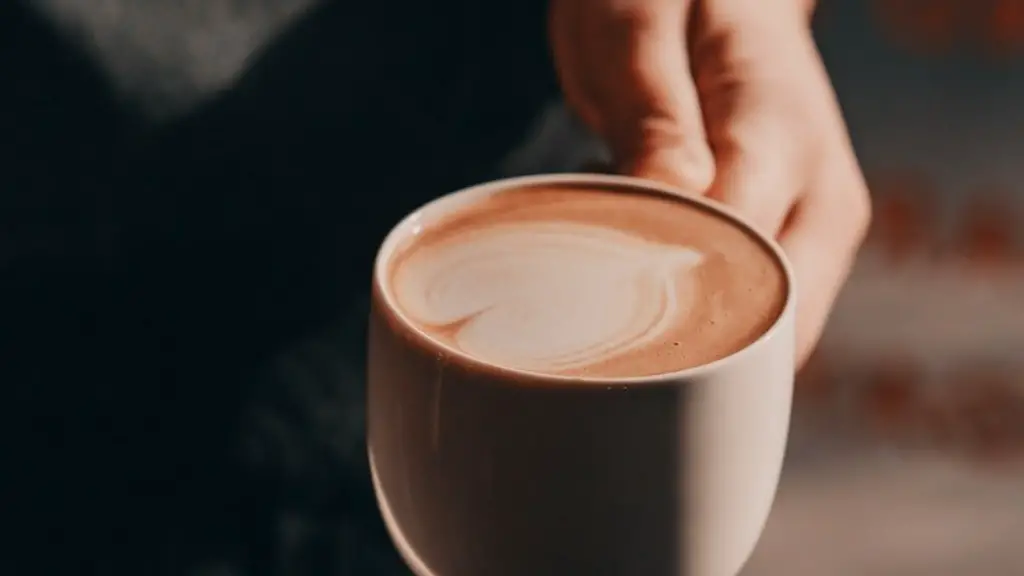The answer is yes, you can eat coffee beans for energy. Many people do this because coffee beans contain caffeine. Caffeine is a stimulant and can help to improve alertness and focus.
Yes, you can eat coffee beans for energy.
Will eating coffee beans keep you awake?
If you’re trying to stay awake during an all-nighter, eating coffee beans will give you more energy than drinking a cup of coffee would. Eating the beans will give you a more concentrated caffeine hit.
Coffee beans are a great way to get a quick caffeine and antioxidant boost. On average, 8 coffee beans have the same amount of caffeine as one espresso. However, your body will absorb the caffeine more quickly from the beans, so be careful not to overdo it.
Can I eat coffee bean raw
Yes, it is safe to eat raw, unroasted coffee beans. However, some people may not enjoy the taste as raw coffee beans are highly acidic and can have a grassy or woody flavor. Additionally, raw coffee beans are much harder than roasted beans, making them difficult to chew.
Coffee is a great way to get a quick boost of energy, but it’s not something that you can live on. Humans need a balanced diet of healthy foods to stay alive and coffee just isn’t going to cut it. So, while coffee can be a great pick-me-up, make sure to eat plenty of other good stuff too!
How many coffee beans equal a cup of coffee?
A cup of coffee usually takes about 70 beans to make, but the exact amount may vary depending on the size of the cup and the desired coffee to water ratio. Coffee ratios are typically determined by the desired strength of the coffee, rather than by a per-bean basis.
Caffeine is a stimulant that can have both positive and negative effects on your health. When consumed in moderation, caffeine can improve mental alertness and physical performance. However, consuming too much caffeine can lead to side effects such as anxiety, sleep disturbances, and increased blood pressure. If you’re sensitive to caffeine, it’s best to limit your intake to avoid these potential negative effects.
Why did people eat coffee beans?
There is no one agreement on when people first started drinking coffee, but most historians believe it was several centuries ago. The coffee beans were originally used for their medicinal properties; they were said to increase energy after consumption. Eventually, people developed ways to roast the green coffee beans and turn them into a beverage. Today, coffee is one of the most popular drinks in the world and is enjoyed by people of all cultures.
The caffeine in coffee beans is absorbed directly into the bloodstream through the lining of the mouth. This means that even a single bean can have a significant impact on energy levels. However, the effects of caffeine from coffee beans will wear off more quickly than those from drinking coffee.
How many espresso beans can you eat to equal a cup of coffee
This is a very basic question.
It’s safe to say that coffee grounds are edible and won’t make you sick if consumed. You’ll find caffeine, beneficial antioxidants, and dietary fibre in coffee grounds – all of which are healthy and safe to eat. So go ahead and add coffee grounds to your diet!
Which coffee beans are best to eat?
The coffee bean is a fruit that grows on coffee trees. The coffee tree is a bush or tree that can grow up to 30 feet tall, but is usually pruned to be much shorter. There are two main types of coffee trees, Arabica and Robusta. Arabica coffee trees are native to Ethiopia and Yemen, and were first cultivated in the Arabian peninsula. Robusta coffee trees are native to Central and Western Africa.
The best coffee beans in the world are a matter of personal preference. Some of the most popular varieties include Tanzania Peaberry, Hawaii Kona, Nicaraguan, Sumatra Mandheling, Sulawesi Toraja, Mocha Java, and Ethiopian Harrar. Each of these coffees has its own unique flavor profile, so it’s really up to the individual to decide which one they like best.
Even though beans are a healthy food, you should not eat them raw. Raw beans contain toxic compounds that can make you sick. Cook beans thoroughly to reduce the risk of illness.
How much caffeine is in 1 gram of coffee beans
We rarely deal in individual coffee beans, so the next question is this: how much caffeine is there in one gram of coffee? Arabica coffee has a caffeine content of 12 milligrams per gram of coffee. For robusta, it’s about 27 milligrams.
While caffeine can help improve focus and Alertness, it can also lead to some unwanted side effects like an upset stomach, heartburn, restlessness, anxiety, insomnia, muscle tremors and an increased heart rate. To avoid these side effects, it’s best to limit caffeine intake to around 200 milligrams per day.
Does eating espresso beans give you energy?
Dilettante’s Chocolate-Covered Espresso Beans are a delicious treat with a mocha-like flavor. However, it’s important not to eat too many of them in the evening. Similar to coffee, these beans are caffeinated. But eating them whole provides more energy than drinking a cup of coffee. So enjoy a few, but don’t overdo it!
Yes, coffee beans are edible. They are the seeds of the coffee plant and many coffee lovers enjoy eating them roasted and covered in chocolate.
Final Words
There is no easy answer to this question as it depends on the person. Some people may find that eating coffee beans helps them to feel more energetic, while others may not notice any difference. Ultimately, it is important to experiment and find out what works best for you.
You can absolutely eat coffee beans for energy! They are a great source of antioxidants and caffeine, which can help improve mental alertness and cognitive function. Just be sure to limit your intake to a few beans at a time, as too much caffeine can lead to adverse effects like nervousness and irritability.

